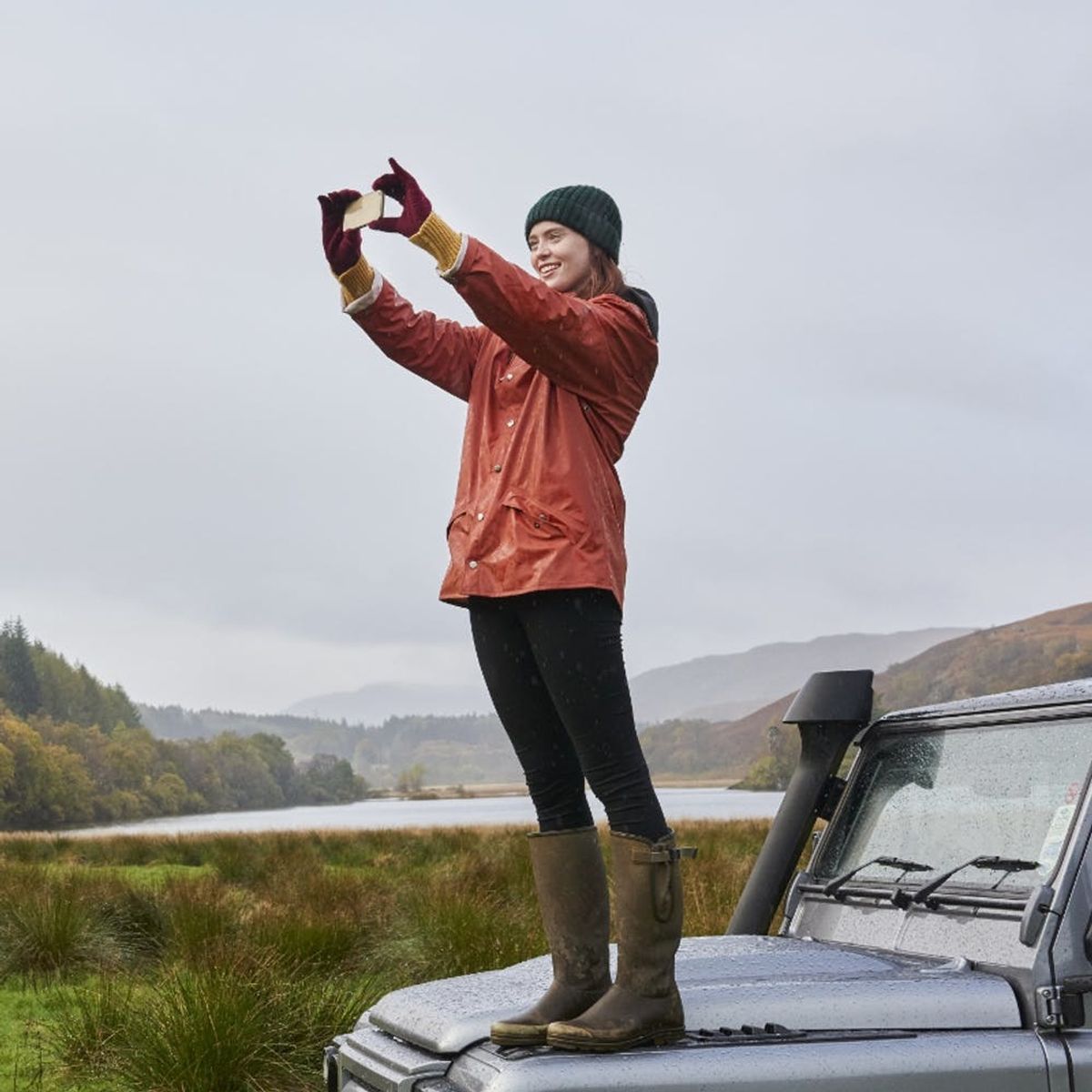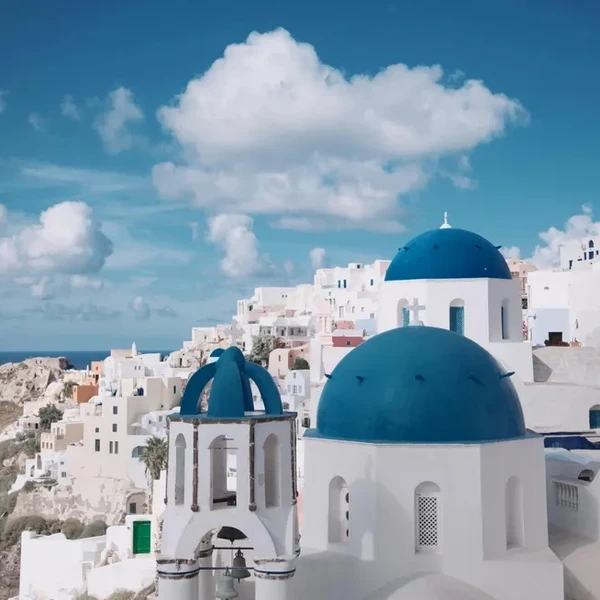If you didn’t post it on social media, did it really happen?
This Study Proves That We Are Mainly Traveling for the ‘Gram

With travel-themed blogs, vlogs, communities, and wanderlust-inducing hashtags that surface images of some of the world’s most spectacular places, it’s seriously no surprise that that social media sites have become among the first places people look when they want a dose of adventure-themed inspiration. Remarkably, positive social feedback on travel-related posts has actually proven to legitimately influence where and how people travel nowadays.
Noting that people have long consumed travel stories (and used them as leverage!) in social relationships, a recently published paper in the journal Tourism Management points to the history of the tourism industry and famous adventures like Titanic’s maiden voyage and early trips to America’s mostly settler-unexplored National Parks — along with how social media has totally changed the way this works. While you might’ve doubted your friends’ stories or needed to wait to see their developed photos in a previous life, today’s tech offers up instant gratification and live broadcasts way beyond an immediate social circle.

Naturally, this is exactly where likes and double taps have their impact. The study, headed by Dr. B. Bynum Boley of the University of Georgia, explains the effect by introducing the idea of “social return,” which researchers define as the amount of positive social feedback that one’s social media travel posts generate. To measure social return, the team developed something called the “SRS,” or social return scale, to predict 758 US travelers’ intention to visit Cuba across models that varied based on time (one year, five years, and 10 years) and positive social feedback. Turns out, this validation can be just as influential as factors like price and weather when people are deciding where to go — the more impressive a place can appear on social media, the more likely people are to visit in the near future.
Researchers showed that Cuba — a trending destination among American travelers — was a perfect predictor for the three time frames, as the buzzy (and newly accessible) island is still a novelty for those making a trip from the United States. “No longer do peers have to take each other’s word on where they have traveled or wait for the slideshow upon returning from the trip. Travelers are now able to receive instant gratification and recognition through posting pictures of their travels,” notes the paper. “This is especially important as narcissism becomes more normalized and the posting of travel experiences on social media becomes a more prominent primary motivation for travel.”
Not only is this kind of proven social return totally fascinating for all of us, but it’ll prove to be pretty useful for marketers too — according to the study, they’ll actually be able to measure the symbolic value of a given destination. What a time to be a globetrotter!
Are you traveling to a spot you scoped on social media first? Show us best your adventure shots by tagging us on Instagram @BritandCo!
(Photo via Getty)

























